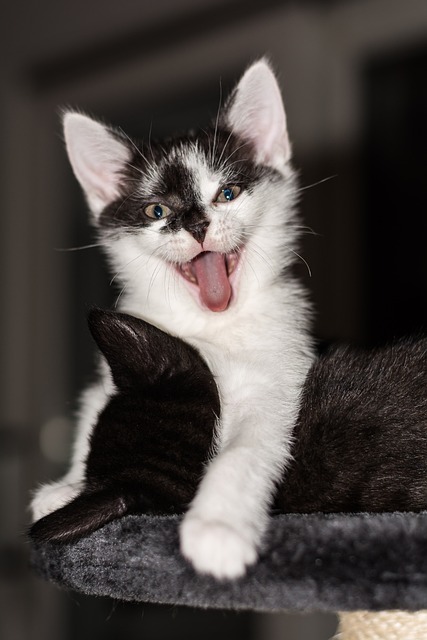Cats exhibit a range of behaviors that can puzzle and amuse us, but more often than not, there’s a natural explanation behind their actions. One such behavior is food burying, a behavior referred to as “caching” in the wild. While it may seem like they’re attempting to hide their food, there’s more to it than meets the eye.
In this article, we’ll delve into the six reasons behind this feline behavior, shedding light on whether it’s a harmless quirk or a potential cause for concern. We’ll also explore ways to address and prevent it, providing insights into your cat’s unique habits.
- Saving It for Later Just like humans, cats have moments of hearty appetite and times when they prefer smaller portions. When a cat isn’t particularly hungry, they might be trying to safeguard their meal for a later time. This tendency is more pronounced in cats fed wet food at specific meal intervals, as they trust the food will be available when they return.
- Protecting It from Others In households with multiple cats or with a food-stealing dog, a cat may be motivated to shield their meal from potential intruders. This instinct ties into the desire to preserve the food for future consumption, a behavior ingrained from their wild ancestors.
- Reserving It for Kittens Mother cats, being naturally nurturing, may exhibit this behavior when they have young kittens to care for. Ensuring the little ones receive a steady supply of nourishment is paramount, prompting the mother cat to set aside food for her offspring.
- Not Enough Time with Food Unlike dogs, cats tend to savor their meals more leisurely. A cat might worry that they won’t have sufficient time to finish their food before it’s removed. This concern is more prevalent in cats with fixed meal schedules, so a little patience can go a long way in ensuring a satisfying mealtime.
- Too Much Food Overfeeding can lead a cat to feel the need to protect their leftovers. This is particularly pertinent for rescue, stray, or feral cats who may have experienced food scarcity in the past. Recognizing the potential for their food to be taken, they attempt to safeguard it.
- Cleaning Up Cats have a natural inclination towards tidiness, even extending to their feeding habits. They’re known to cover their waste in the litter box, and they may perceive leftover food as messy. In the case of dry kibble, a cat may try to tidy up, exhibiting their innate cleanliness.
Understanding the underlying motivations behind your cat’s behavior can foster a deeper connection and ensure their well-being. By recognizing these behaviors, you can respond appropriately and create an environment that accommodates their unique instincts.



